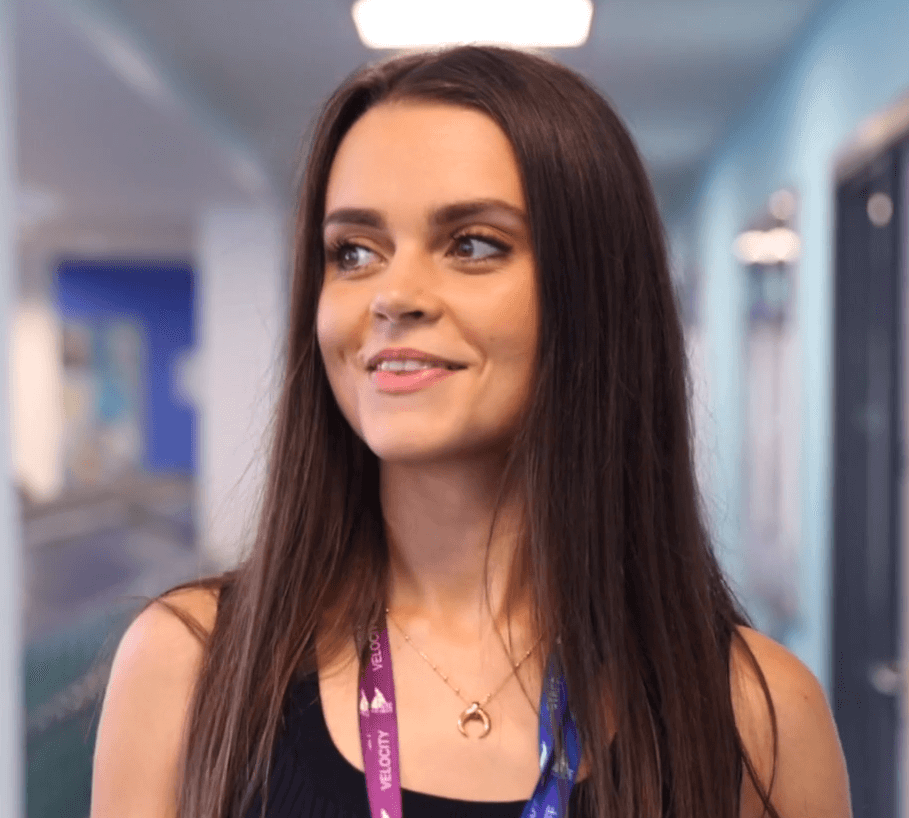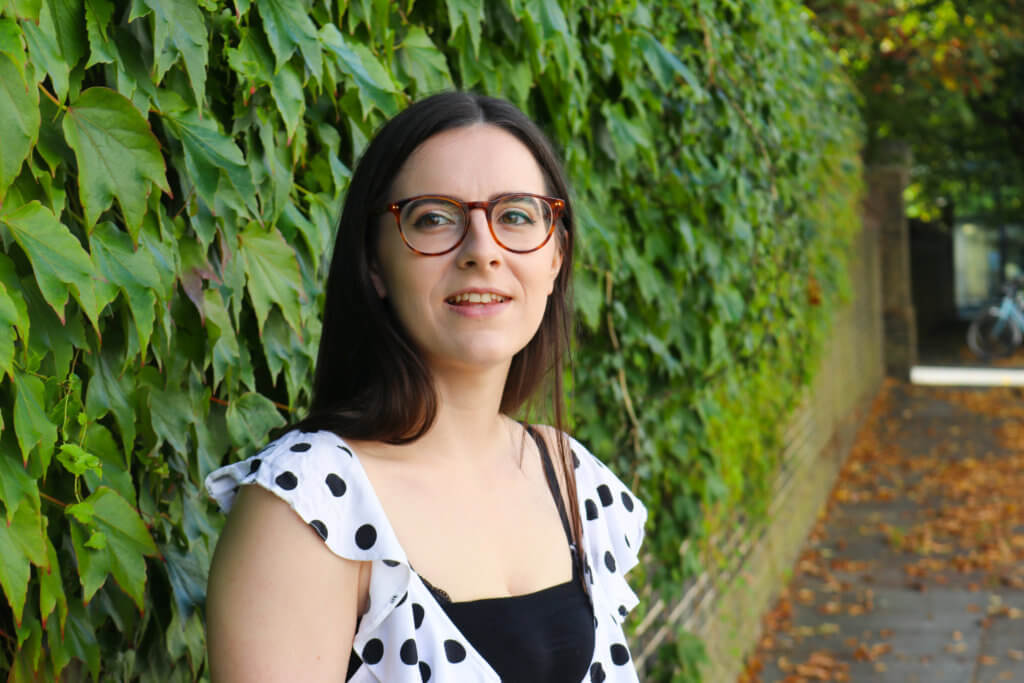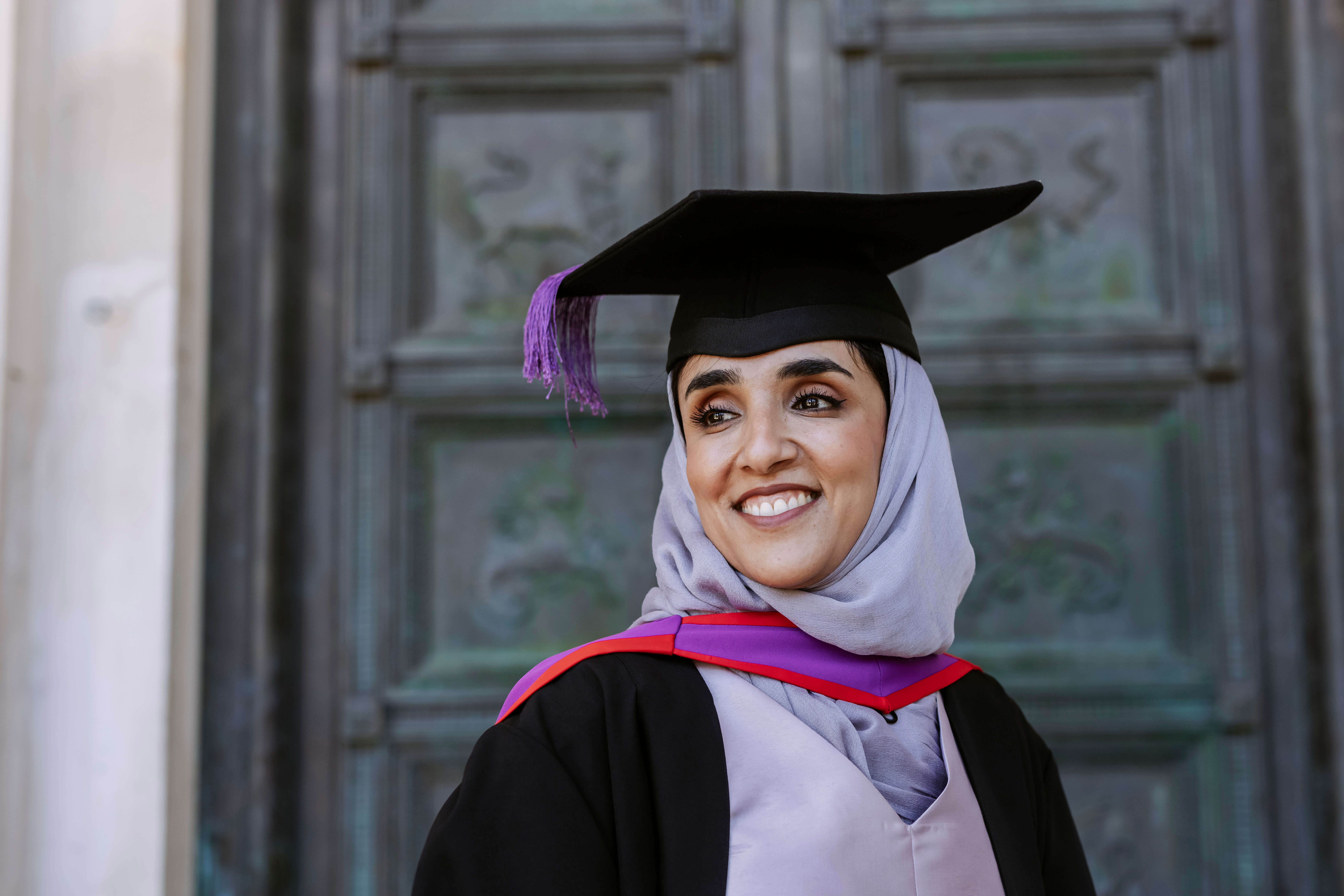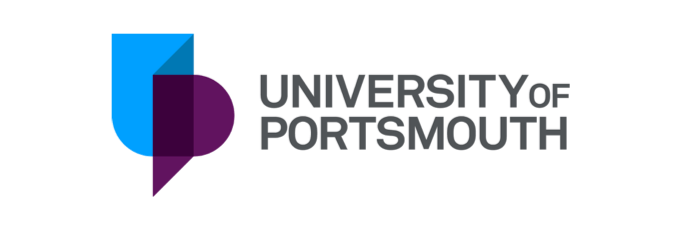When looking for the right university to study mathematics, Tessa Wildsmith had a specific vision. “You’re looking for somewhere that you’re not only going to fit in but is also going to stretch you academically,” she says. “The University of Portsmouth did both.”
Located in the south of England, close to the sea and a short train ride from London, this university prides itself on offering students the support they need to achieve their best. In fact, mathematics at Portsmouth is ranked eighth in the UK for student satisfaction and the top modern university in the country for research quality.
For Wildsmith, it’s the people that had the most impact on her. Professors and staff here enhance the learning experience and help students succeed. “The lecturers there were really welcoming, obviously knowledgeable as well, but they had a real love and passion of each of their individual subjects,” the Mathematics BSc Hons graduate says. “To see the things that seem very abstract actually have a very real-life application was incredible.”

Tessa Wildsmith, studying a BSc Hons in Mathematics. Soruce: University of Portsmouth
Today, Wildsmith plans to replicate this same impact. She is currently a high school mathematics teacher after graduating from Portsmouth with a mathematics degree, a master’s in maths, and a PGCE teaching qualification. “My time at university definitely did change me,” she says. “It built my confidence a lot. It created the enthusiasm that I have now because of seeing people who inspired me more so.”
Career-readiness is a key focus at Portsmouth. Here, you get hands-on experiences that impart skills and know-how that are applicable and mimic your future workplaces. For example, second-year students complete a core module where they work in teams to analyse an open-ended, real-world problem.
“I have had several students applying for a graduate job, and the employer has asked them to give an example of a time they had to work in a team on an open-ended problem, and they were able to use this module as an example and were then ultimately successful,” says Dr. Thomas Waters, lecturer and associate head of mathematics.

Source: University of Portsmouth
Whether in lectures, tutorials, classes or lab sessions, you learn by doing. “Each summer, several students do a paid ‘research internship’, working with a member of staff on their research,” adds Waters. “Several students who did this in the past then went on to do PhDs here and elsewhere (including my own PhD students).”
At Portsmouth, mathematics is more than just number crunching. Their degrees show you how to think analytically and convey your findings or solutions in a clear manner, a skill employers look for. This element is crucial as the demand for mathematics graduates is growing. The Council for the Mathematical Sciences predicts more than seven million people in the UK will need mathematical science skills in 2030.
There is one particular sector that is growing at a rapid rate: machine learning. Forbes predicts a 71% growth in jobs that need artificial intelligence (AI) or machine learning skills by 2026. Responding to this trend, Portsmouth now offers a Mathematics with Machine Learning BSc Hons, the first of its kind in the country. Three years full-time, or four with a work placement, this programme will teach you the mathematics that underpins artificial intelligence, and develop the skills needed to build machine learning models.

Amber Burton, studying a BSc Hons in Mathematics. Soruce: University of Portsmouth
You will learn how to use industry-standard tools for building machine learning models such as scikit-learn, PyTorch and TensorFlow.
The department placed in the top 10 for teaching in the 2022 NSS report. This means you will study alongside world-class researchers in machine learning and mathematics. Armed with their key insights and the highly sought-after skills you’ve developed, you’re set to work in any industry transformed by AI and machine learning tools. You will be prepared for roles that rely on mathematics, from finance or government or furthering your studies with a postgraduate degree in mathematics or AI.
Such positive career outcomes are typical of Portsmouth graduates. What truly sets mathematics at Portsmouth apart, however, is how it helps you find the link between mathematics and various industries. “Before I started my course, I had no idea how maths related to computer science,” says Amber Burton, who is now a graduate engineer in data science and software development. “But I am so glad this is such a big part of maths at Portsmouth because it really does reflect the skills that are needed in industry today [and] helped me to get my dream job.”
To learn more about the University of Portsmouth, click here.
Follow the University of Portsmouth on Facebook, Twitter, LinkedIn, Instagram and YouTube.











